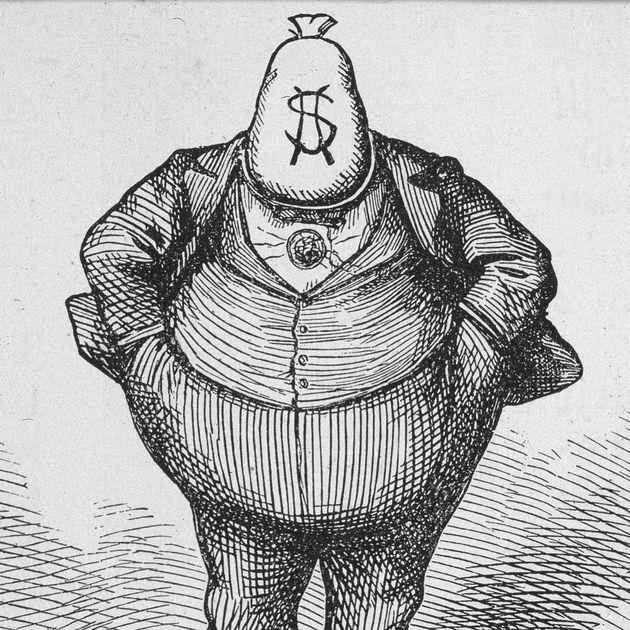
Cash Bail: A Structural Racist and Legal System Racket
Admin 0 Comments Uncategorized
The fifth and fourteenth amendments of the U.S Constitution declares protections for the accused. It says defendants are “Innocent until proven guilty beyond a reasonable doubt.” So why is it that 6 out of 10 people are housed in jail awaiting trial? The answer, they are unable to post bail. Since 2014, only two states, New Jersey and Alaska have reformed their cash bail system. “These states now give defendants a supervised release or mandatory detention, with the conditions determined with a risk assessment,” which seems fair and logical. The fact that freedom can be bought causes the criminal system to reek of the smell of greed not of justice. So, here are some facts:
- Black and brown people, for example, are at least 10 to 25% more likely than white people to be detained pretrial or to have to pay money bail.
- On any given day, nearly half a million people languish in jail cells across America, waiting for their criminal cases to move forward and be severed from their lives and communities even though they have not been convicted of a crime.
- They are presumed innocent under the law, yet they will suffer the harms of incarceration unless they have enough money to pay bail and buy their freedom.
- This two-tier system criminalizes poverty and is a structural linchpin of mass incarceration and racial inequality.
- American taxpayers pay $14 billion each year to incarcerate people pretrial.
- Meanwhile, the $2 billion bail industry, with its well-documented predatory and exploitative practices, extracts money from precisely those communities that have the fewest resources.
Here in Texas, representatives have proposed two bills HB-20 and SB-21 which are bills that are seeking to expand the use of cash bail. “As passed by the chambers, both bills would ban the release from jail on personal bonds — which don’t require cash up front — for those accused of some violent or sexual crimes. But SB 21 would also bar release on personal bonds if the person had ever previously been convicted of a violent crime, even if the current charge was minor. “Any defendant would still be able to be released if they had access to enough cash.” Also, “Aside from restricting release on personal bonds, SB 21 and the current version of HB 20 would require court officers setting bail to first review a defendant’s criminal history and citizenship status. It would also bar charitable organizations that are not churches from posting bond for anyone accused, or previously convicted, of a violent crime.”
A future that deals with social issues more sensibly and equitably is possible if focus on the larger systemic problem within the bail system. Reform is needed to abolish the racial bias etched between the lines of the current and the newly proposed legislation. Some compromises would be making bail affordable for all, suggesting electronic monitoring only for individuals assessed as a willful flight risk or dangerous, invest in systems for voluntary referrals for social services, transportation to court, and or child care. Everyone who misses court does not do so willingly.
Written By: Sharia Legette
https://www.texastribune.org/2021/05/17/texas-bail-legislature/
https://www.pretrial.org/get-involved/learn-more/why-we-need-pretrial-reform/#:~:text=Six%20out%20of%2010%20people,population%20growth%20between%202000%2D2014.